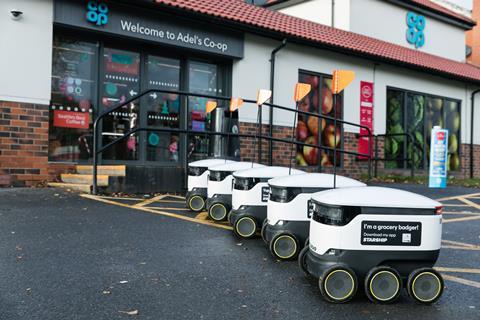
Autonomous grocery delivery is coming to Leeds thanks to Co-op and Starship Technologies teaming up with Leeds City Council on a three month trial.
The service will be available to 20,000 residents initially within the Adel and Tinshill area of Leeds. Orders are made through the Starship food delivery app, which is available for download on iOS and Android, with groceries picked fresh in local Co-op stores on Spen Lane, Tinshill, and Otley Road, Adel, for delivery quickly and conveniently in the community. Leeds residents will be able to choose from a range of grocery items, schedule their delivery, then drop a pin where they want their delivery to be sent.
Delivery fees start from 99p and customers can order their delivery to arrive in under an hour and watch the robot travel in real-time via an interactive map. Customers receive an alert when the robot arrives, and can meet and unlock it through the app.
The Leeds trial follows the successful introduction of autonomous deliveries in Milton Keynes, Bedford, Northampton, Cambourne, and most recently Cambridge.
Chris Conway, eCommerce Director, Co-op, said: “Co-op is committed to exploring new and innovative ways to increase access to its products and services. Our members and customers lead busy lives and so ease, speed and convenience is a cornerstone of our approach. Co-op stores are well placed to provide quick home deliveries in communities with products picked fresh in our local stores - whether that is a full grocery shop or for those last-minute top-ups, treats for evenings at home or forgotten items. We are delighted to be expanding into Yorkshire to provide flexible, quick and convenient options online for shoppers in our communities.”
Councillor Helen Hayden, Leeds City Council’s executive member for infrastructure and climate, said: “As a council we are absolutely committed to delivering alternative, sustainable methods of travel to help reach our target of becoming net-zero by 2030. We are trying to reduce the number of short journeys made by car, including those made by delivery vehicles. I’m really excited by the launch of this pilot, which will be trialled for three months in north-west Leeds.
“Since the pandemic, we have seen a huge increase in the number of home deliveries. This pilot will be transformative and will provide an alternative home delivery provision which will particularly benefit residents with mobility problems or those facing other challenges which make accessing local facilities difficult.”
Alastair Westgarth, CEO at Starship Technologies, added: “We are delighted to bring the benefits of autonomous delivery to residents in Leeds. This is our first significant expansion to the north of England, and we are confident the robots will make a positive impact in terms of actively reducing traffic congestion and carbon emissions, while also providing ease and convenience for local communities. Our robots have been widely welcomed as part of the community in all the areas we operate, and we are confident they will be equally embraced in Leeds. We are looking forward to working closely with Leeds City Council and Co-op and hope to further expand our service to more parts of Leeds and the wider Yorkshire region in the near future.”
Since the robots were first introduced into the UK, an estimated 1.1 million miles of car journeys have been saved with a 445-tonne reduction in CO2 emissions. Starship’s robots are powered by renewable electricity, with an average delivery for a robot consuming as little energy as boiling a kettle to make just one cup of tea, making them a more sustainable and affordable way to get groceries delivered.
The robots are battery powered, lightweight and travel at the speed of a pedestrian (no faster than 4mph). They use a combination of sensors, artificial intelligence, and machine learning to travel on pavements and navigate around any obstacles, while computer vision-based navigation helps them map their environment to the nearest inch.







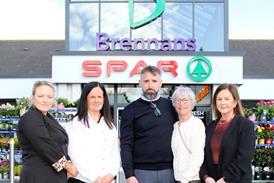
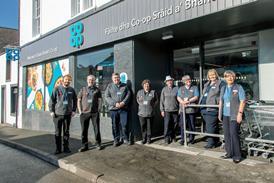
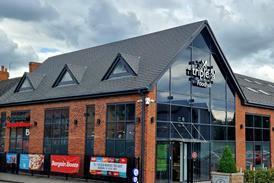

![WG-4003[58]](https://d2dyh47stel7w4.cloudfront.net/Pictures/274x183/4/5/1/353451_wg400358_6083.jpg)




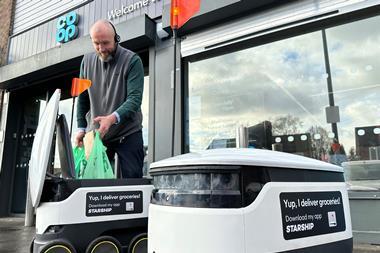
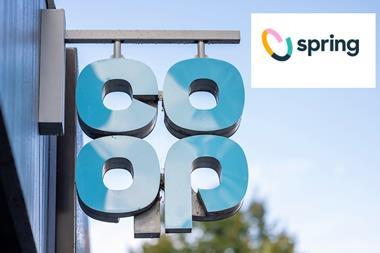
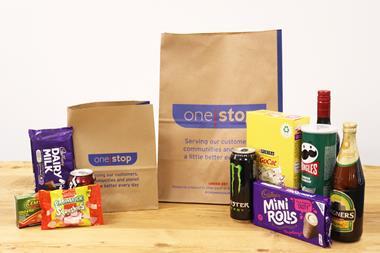
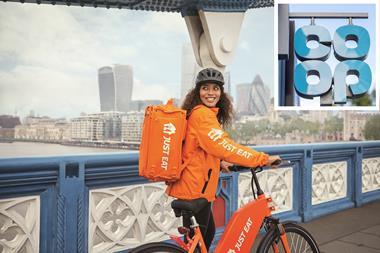
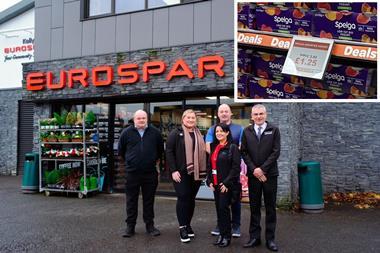
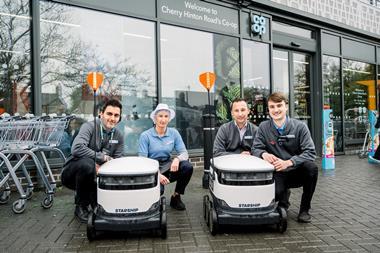

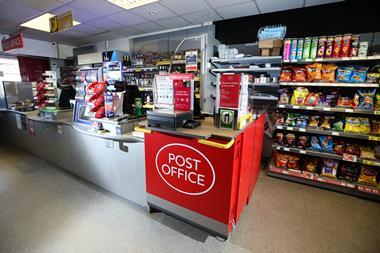



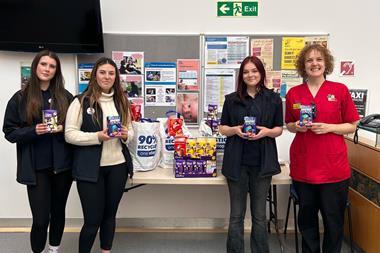
No comments yet